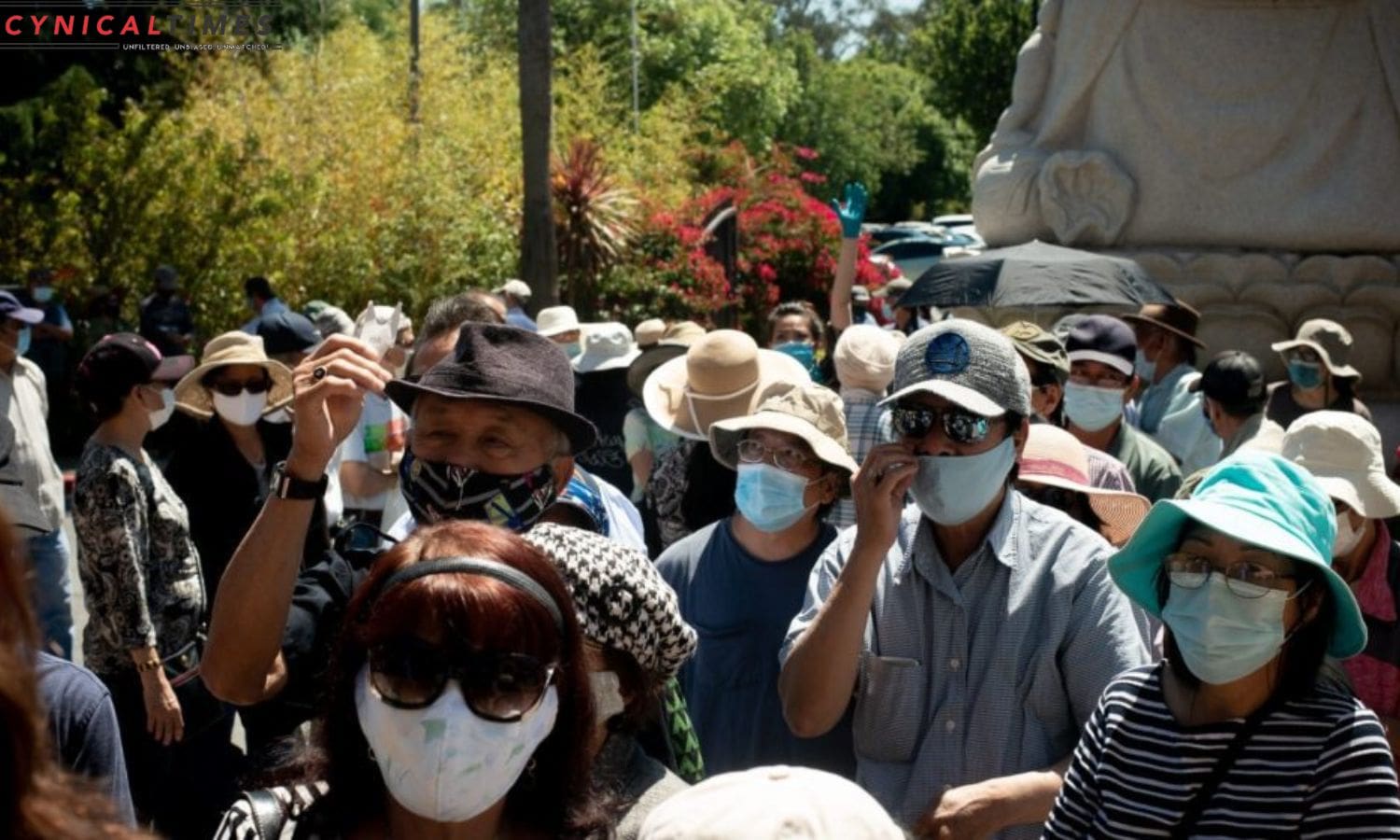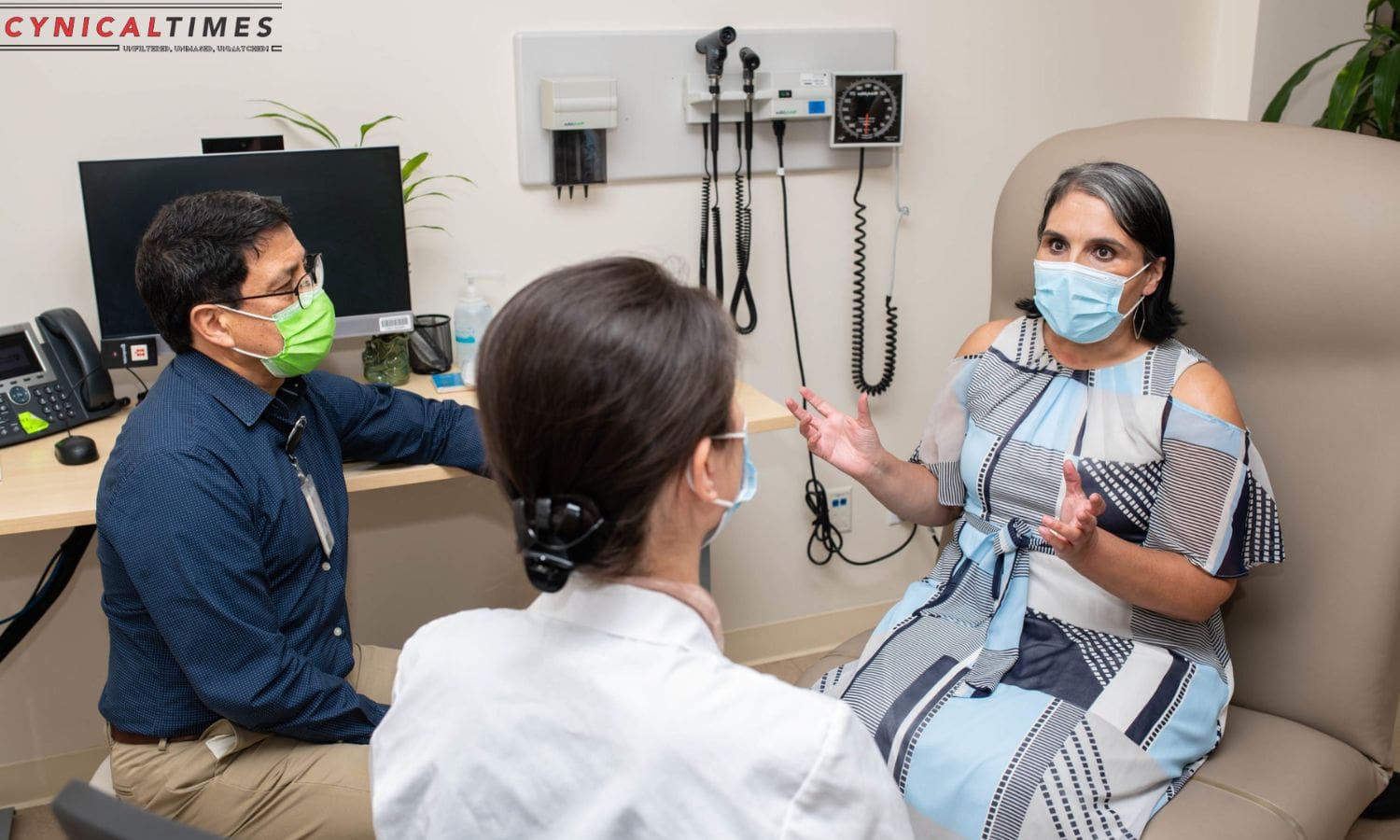Bay Area Braces for Respiratory Virus Surge: The surge in influenza-like illnesses in Santa Clara County has raised significant concerns among health officials, prompting an urgent call for residents to get vaccinated. Recent data focused on local wastewater readings indicates a notable increase in respiratory syncytial virus (RSV), influenza, and COVID-19 cases. Particularly alarming is the nearly doubled concentration of RSV in the last week in Gilroy, Palo Alto, and Sunnyvale, with San Jose experiencing a month-long rise. Concurrently, RSV-related hospitalizations have tripled compared to mid-October.
Sarah Rudman, Deputy Health Officer for the Santa Clara County Public Health Department, highlighted that the current wastewater readings for RSV surpass those of the previous year. Moreover, there has been a sudden spike in COVID-19 wastewater readings in the past few weeks. Such trends are often followed by a surge in more severe diseases, leading to increased emergency room visits.
The timing of this spike is particularly concerning as these respiratory illnesses typically intensify from November through March or April. Despite a relatively high completion rate of the primary series of COVID-19 vaccinations at 88.6%, the uptake of the updated bivalent booster shot stands at only 35.4%. This gap in booster coverage is a cause for concern, especially with the heightened risk of severe illnesses associated with RSV and other respiratory viruses.


Also Read: Bay Area Palestinians Hopeful Yet Skeptical as Gaza Humanitarian Pause Begins
Rudman emphasized the potential seriousness of RSV, noting that it can lead to life-threatening diseases in both young babies and older adults. The simultaneous increase in RSV, COVID-19, and influenza cases is especially troubling during the holiday season when people tend to travel and gather with vulnerable family members.
To address the situation, health officials are urging residents to get vaccinated against COVID-19, influenza, and RSV. Vaccinations are available through doctors, pharmacies, and online sign-ups, with free options for those without insurance. Rudman recommends simultaneous vaccination against COVID-19 and influenza, emphasizing the importance of taking proactive measures to protect oneself and loved ones during this concerning uptick in respiratory illnesses.
Additionally, the recently available RSV vaccine, approved by the U.S. Food and Drug Administration for individuals aged 60 and older or in weeks 32 to 36 of pregnancy, is encouraged. Pregnant individuals are advised to get the RSV shot late in pregnancy to provide an additional layer of protection to their babies. However, the supply of the RSV vaccine for high-risk babies born to unvaccinated mothers is limited.
In conclusion, health officials stress the importance of vaccination, isolation when sick, proper hygiene practices, and COVID-19 testing for symptoms. While masks are currently only required in healthcare facilities in Santa Clara County, vulnerable populations may benefit from wearing masks indoors or in crowded places, especially when wastewater levels indicate a significant uptick in respiratory viruses. The overarching goal is to curb the spread of these illnesses and protect the community, particularly those at higher risk of severe disease.
Our Reader’s Queries
What virus family is RSV?
RSV is a virus that falls under the Pneumovirus genus and Paramyxoviridae family. It is an enveloped virus with a single stranded RNA that is negative sense. The virus is made up of 11 proteins that are encoded by a 15.2-kb RSV genome.
What infectious agent causes RSV?
Respiratory syncytial virus (RSV) is the culprit behind RSV infection. This enveloped RNA virus belongs to the Paramyxovirus family and is distantly related to the measles virus. RSV strains are categorized into two subgroups, A and B.
Is RSV a new virus?
RSV may not be a household name, but it’s a virus that’s been around for a while. In fact, most people have probably had it at some point in their lives without even realizing it. While it’s true that RSV is common among young children, it’s important to note that older adults can also be at risk for serious infection. By the time a child turns 2, they’ve likely already been exposed to RSV. So, it’s important to be aware of the risks associated with this virus, no matter your age.
Is there an at home test for RSV?
Our at-home collection kit is the only one of its kind that can test for COVID-19, flu, and RSV all with just one swab. This means you can get comprehensive results from the comfort of your own home without having to worry about multiple tests or visits to the doctor. Our kit is easy to use and provides accurate results, giving you peace of mind and the information you need to take the necessary steps to protect yourself and those around you.

